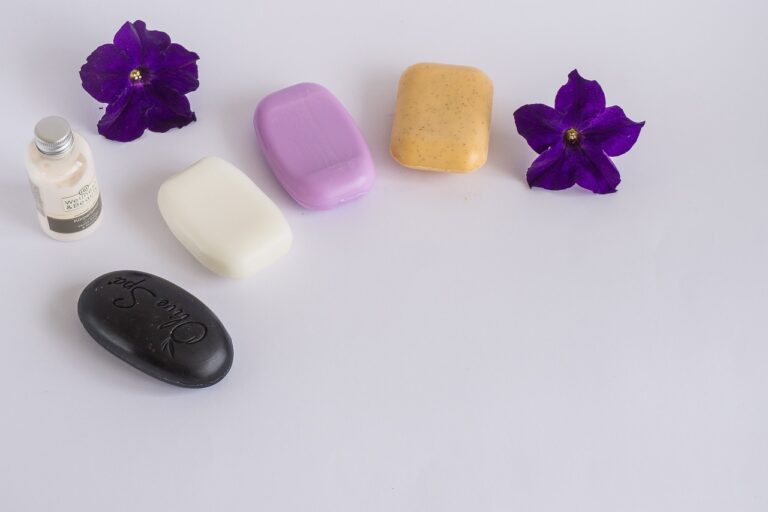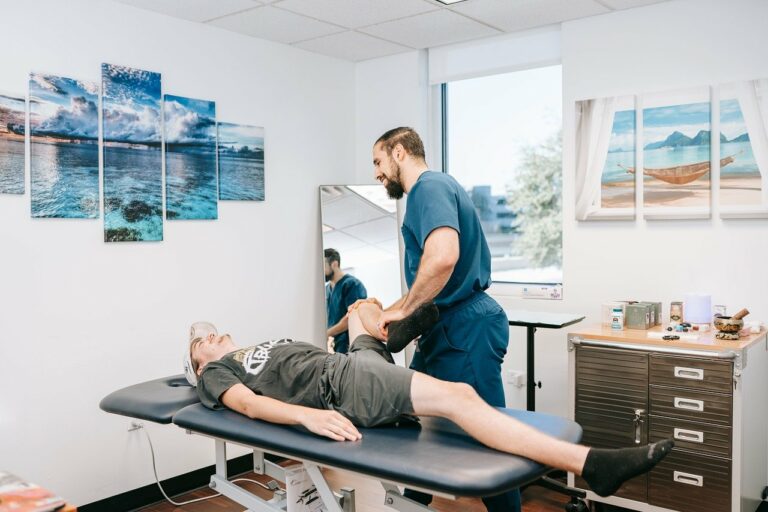Promoting Independence in Older Adults
betbhai book, cricbet99 login, diamondexch9 login: As people age, maintaining independence becomes a top priority. Older adults want to continue living life on their terms, managing their daily activities without relying on others. Promoting independence in older adults is crucial for their overall well-being and quality of life. In this blog post, we will explore various strategies and tips to help older adults maintain their independence as they age.
Understanding the Importance of Independence
Independence is essential for older adults as it fosters a sense of control, autonomy, and self-worth. When older adults feel independent, they are more likely to stay active, engaged, and happy. Maintaining independence also reduces the risk of depression, anxiety, and feelings of loneliness. As caregivers, family members, or healthcare professionals, it is crucial to support older adults in maintaining their independence while ensuring their safety and well-being.
Creating a Safe Environment
One of the first steps in promoting independence in older adults is to create a safe living environment. Assess the home for any potential hazards, such as loose rugs, cluttered walkways, or inadequate lighting. Install grab bars in the bathroom, non-slip mats in the shower, and handrails on staircases to prevent falls. Ensure that the home is equipped with essential safety features, such as smoke detectors, carbon monoxide alarms, and a well-lit entryway.
Encouraging Physical Activity
Physical activity is key to maintaining independence in older adults. Regular exercise helps improve strength, balance, and flexibility, reducing the risk of falls and injuries. Encourage older adults to participate in activities they enjoy, such as walking, swimming, yoga, or tai chi. Consider enrolling them in a fitness class designed for older adults or hiring a personal trainer to create a customized exercise plan. Remember to consult with a healthcare provider before starting any new exercise regimen.
Promoting Healthy Eating Habits
Nutrition plays a critical role in maintaining independence and overall health. Encourage older adults to eat a balanced diet rich in fruits, vegetables, whole grains, lean protein, and healthy fats. Offer support with meal planning, grocery shopping, and cooking, if needed. Consider consulting a registered dietitian for personalized dietary recommendations based on individual health needs and preferences. Stay hydrated and limit the consumption of processed foods, sugary snacks, and excessive amounts of caffeine and alcohol.
Supporting Cognitive Health
Maintaining cognitive health is essential for promoting independence in older adults. Encourage activities that stimulate the brain, such as puzzles, word games, reading, or learning a new skill. Stay socially engaged by participating in community events, volunteering, or joining a club or group. Regularly check in on loved ones to monitor for any signs of cognitive decline, such as memory loss, confusion, or difficulty completing daily tasks. Seek medical attention if any concerning changes occur.
Providing Assistive Devices and Technology
Assistive devices and technology can help older adults maintain their independence and stay connected with others. Consider investing in devices such as hearing aids, magnifying glasses, pill organizers, or mobility aids to support daily activities. Explore technology options, such as smartphones, tablets, or smart home devices, to facilitate communication, navigation, and entertainment. Encourage older adults to attend workshops or classes to learn how to use new devices effectively.
Empowering Older Adults to Make Decisions
Empower older adults to make decisions about their daily routines, healthcare, finances, and lifestyle choices. Respect their autonomy and preferences, allowing them to express their needs, concerns, and desires. Encourage open communication and active listening to understand their wishes and provide support accordingly. Involve older adults in discussions about their care plans, treatment options, and long-term goals. Offer guidance and resources while respecting their right to make informed choices.
FAQs
Q: How can I help my aging loved one maintain their independence?
A: Encourage regular exercise, healthy eating habits, cognitive stimulation, and social engagement. Create a safe living environment, provide assistive devices, and support decision-making autonomy.
Q: What are some signs that my aging loved one may be struggling with independence?
A: Look for changes in mobility, hygiene, nutrition, medication management, mental acuity, or social withdrawal. Consult with healthcare professionals if you have concerns about their well-being.
Q: How can technology help older adults stay independent?
A: Technology can facilitate communication, navigation, entertainment, and safety. Explore devices such as smartphones, tablets, smart home systems, and medical alert systems to support daily activities and maintain connectivity.
Q: What resources are available to help older adults maintain their independence?
A: Consult with healthcare providers, social services agencies, community centers, senior centers, and nonprofit organizations for information, support, and programs designed to promote independence in older adults.
In conclusion, promoting independence in older adults is a multifaceted approach that involves creating a safe environment, encouraging physical activity and healthy eating habits, supporting cognitive health, providing assistive devices and technology, and empowering older adults to make decisions. By implementing these strategies and tips, caregivers, family members, and healthcare professionals can help older adults maintain their independence and enjoy a higher quality of life as they age. Let’s empower older adults to thrive independently and age gracefully.







